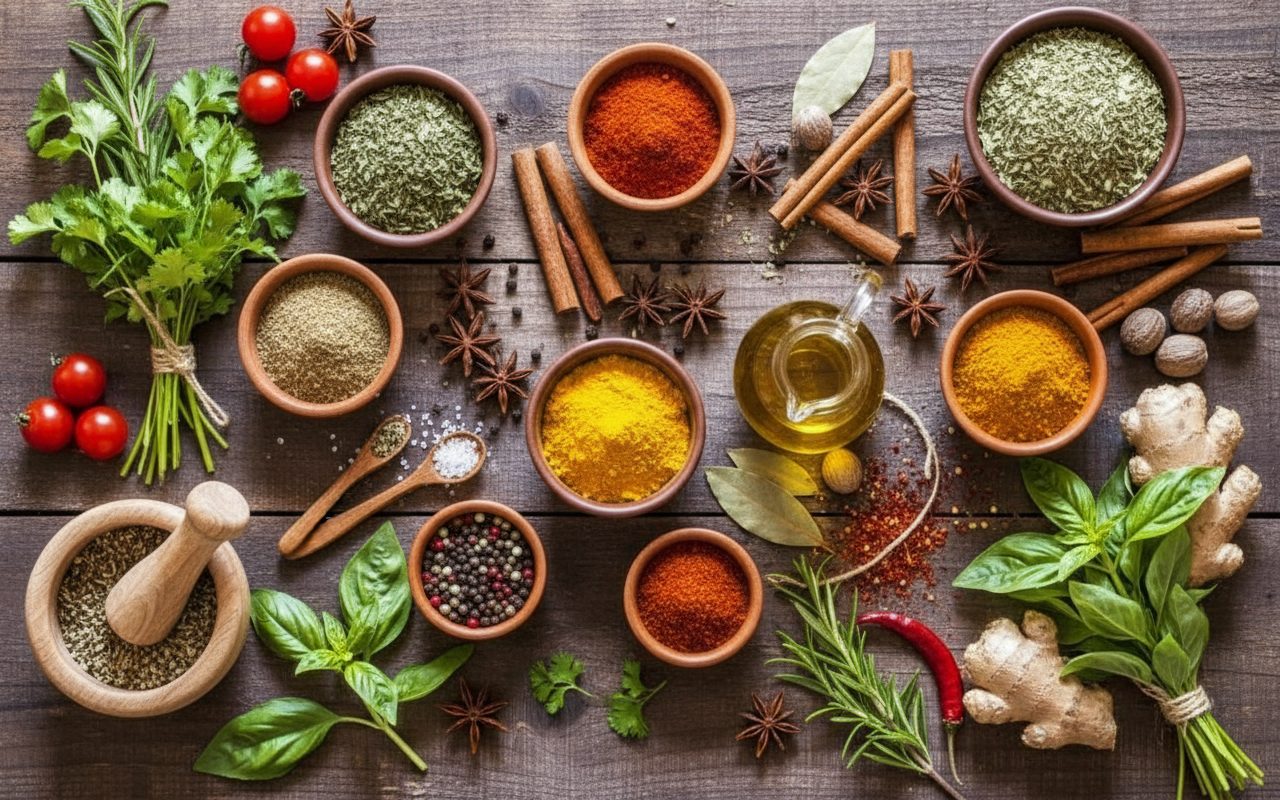
Inflammation is the body’s natural response to injury or infection—but when it becomes chronic, it can lead to serious health issues such as arthritis, heart disease, and diabetes. Fortunately, nature offers a range of powerful herbs that help calm inflammation and promote healing from within. Here are eight time-tested herbs known for their potent anti-inflammatory benefits.
1. Turmeric
Turmeric is one of the most studied natural anti-inflammatories. Its active compound, curcumin, helps reduce inflammation at the molecular level and supports joint, brain, and heart health. Pairing turmeric with black pepper enhances curcumin absorption, making it more effective. Add it to warm milk, curries, or smoothies for daily benefits.
2. Ginger
Ginger has been used for centuries to treat pain and inflammation. Its compounds, gingerols and shogaols, work similarly to anti-inflammatory drugs by blocking pain-causing pathways in the body. Regular use of ginger can ease muscle soreness, arthritis discomfort, and digestive inflammation.
3. Boswellia (Indian Frankincense)
Boswellia is a traditional Ayurvedic herb that reduces inflammation by preventing the formation of inflammatory molecules known as leukotrienes. It’s particularly effective for people with osteoarthritis and inflammatory bowel diseases. Boswellia supplements or extracts are often used to improve joint flexibility and reduce pain naturally.
4. Holy Basil (Tulsi)
Known as the “Queen of Herbs,” holy basil is revered in Ayurvedic medicine for its powerful adaptogenic and anti-inflammatory effects. It helps balance stress hormones, supports immunity, and reduces inflammation caused by stress and pollution. Drinking tulsi tea regularly can help calm both the body and mind.
5. Rosemary
Rosemary contains rosmarinic acid, a natural compound that helps reduce inflammation and oxidative stress in the body. It’s also rich in antioxidants that protect cells from damage. Adding fresh rosemary to roasted vegetables, soups, or herbal tea can bring both flavor and health benefits.
6. Green Tea
Green tea is packed with polyphenols, particularly EGCG (epigallocatechin gallate), which helps fight inflammation and oxidative stress. Drinking green tea daily can help lower inflammation markers and support heart and brain health. It’s one of the simplest ways to incorporate natural anti-inflammatory power into your routine.
7. Garlic
Garlic’s sulfur compounds, such as allicin, have strong anti-inflammatory and immune-boosting effects. Consuming raw or lightly cooked garlic can help reduce inflammation in the joints and arteries. It also supports heart health by lowering cholesterol and blood pressure naturally.
8. Cinnamon
Cinnamon isn’t just a warm, flavorful spice—it’s also a potent anti-inflammatory agent. Its antioxidants, including cinnamaldehyde, help lower inflammation and protect cells from damage. Cinnamon can also help regulate blood sugar levels, making it an excellent addition to a healthy, anti-inflammatory diet.
Final Thoughts
Nature provides an incredible pharmacy of healing herbs that can fight inflammation safely and effectively. Incorporating these herbs into your diet—through teas, spices, or supplements—can help manage chronic inflammation and support long-term wellness. Always consult your healthcare provider before starting any herbal regimen, especially if you’re on medication.
Disclaimer: This article is for general informational purposes only and should not be considered medical advice. Natural foods, herbs, and essential oils may support wellness, but results can vary for each individual. Always consult your doctor or a qualified healthcare professional before starting any new diet, supplement, or treatment, especially if you have an existing medical condition or are taking medication. The author and publisher are not responsible for any possible side effects or adverse reactions from the use of the information contained herein.
MORE FOR YOU
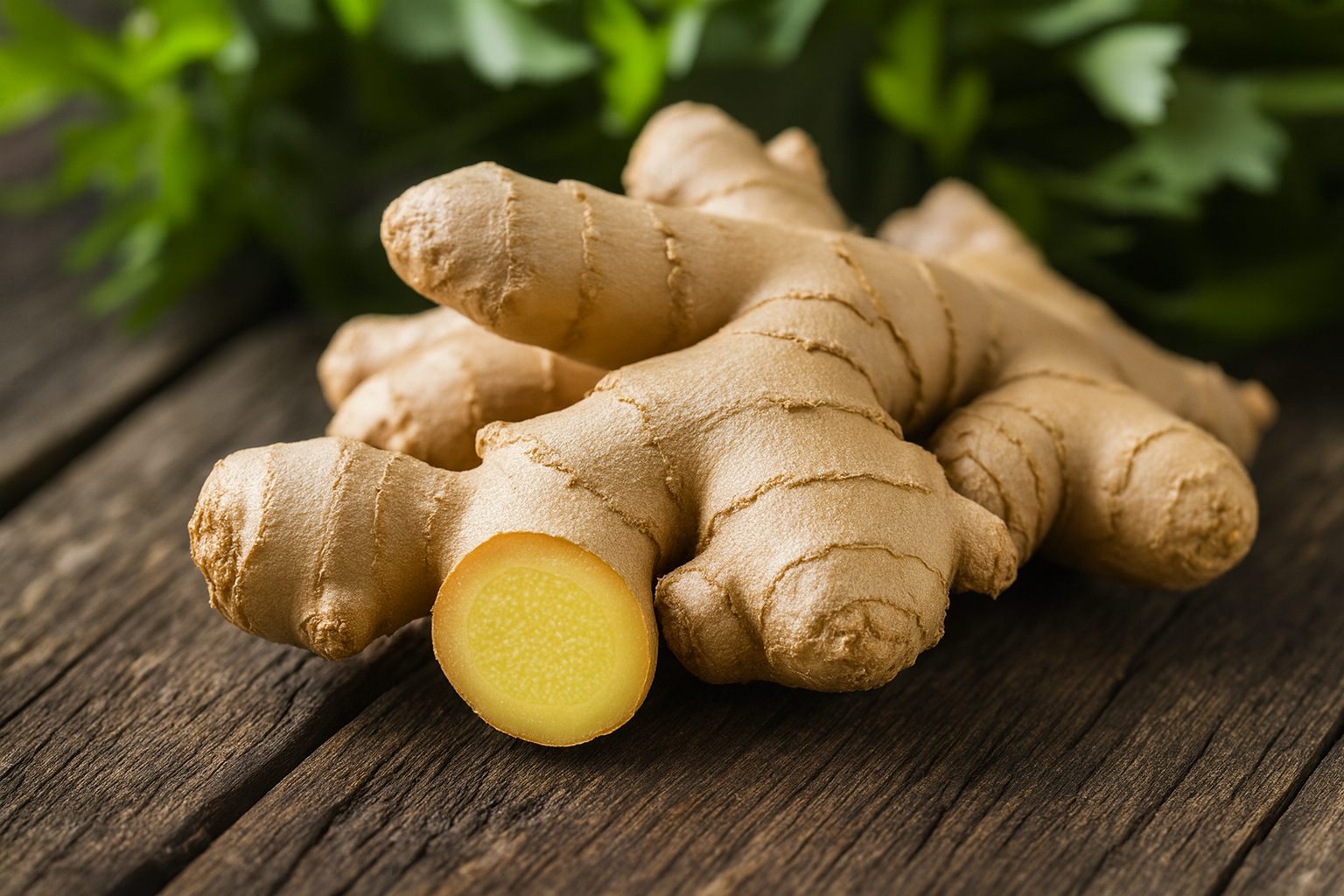
From Digestion to Immunity: The Many Benefits of Ginger
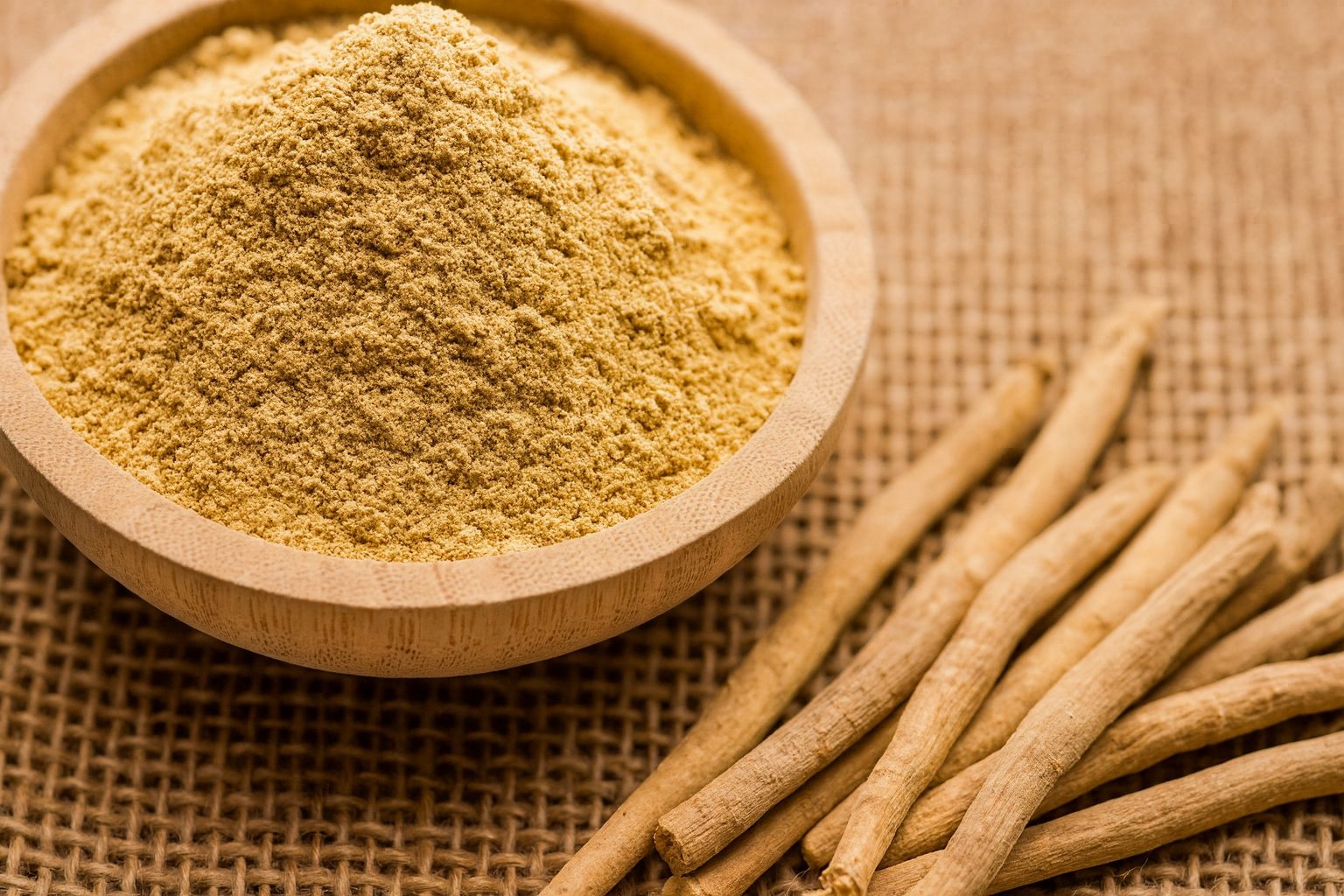
Ashwagandha: The Ancient Herb for Modern Stress
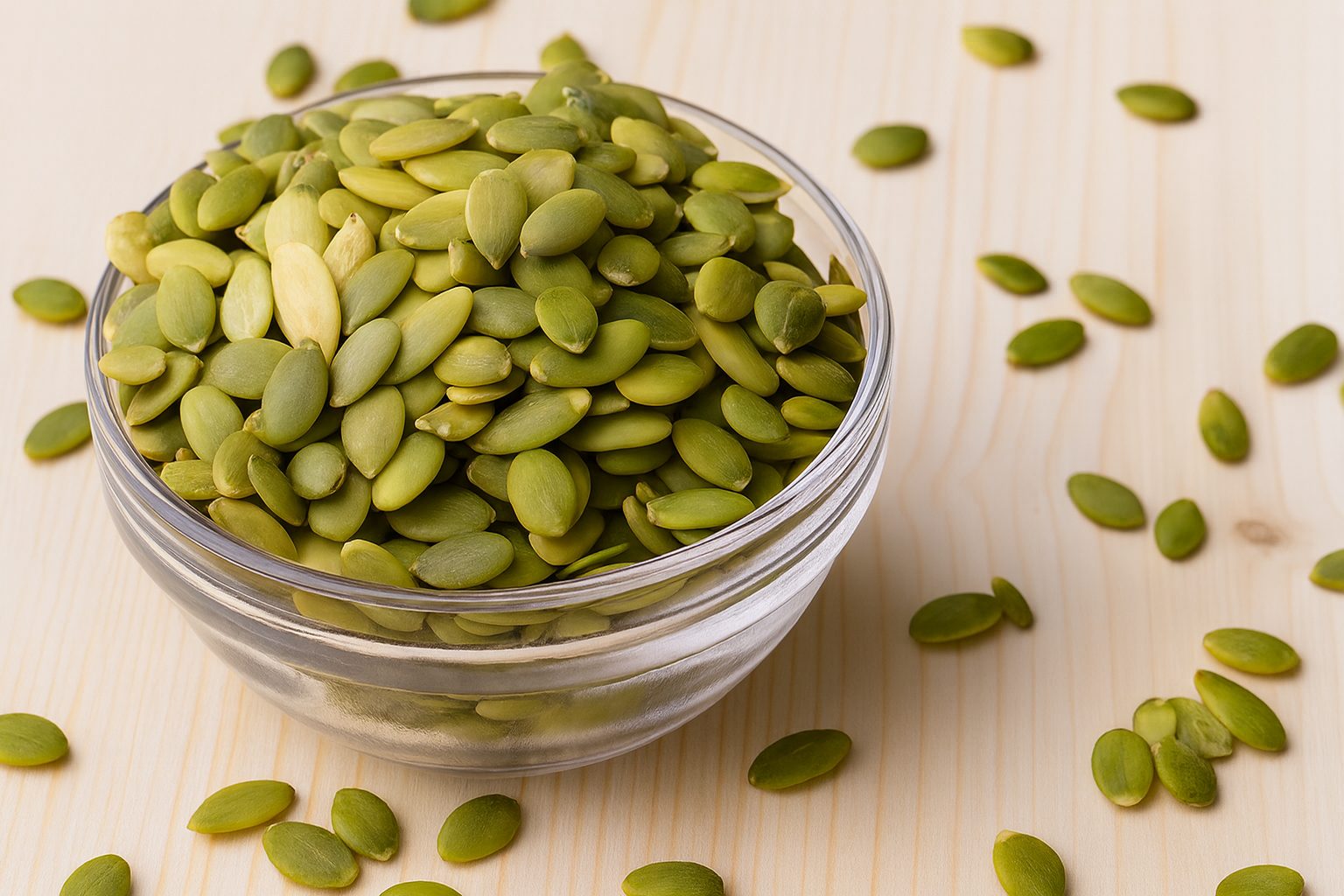
The Superfood You’re Overlooking: Pumpkin Seeds
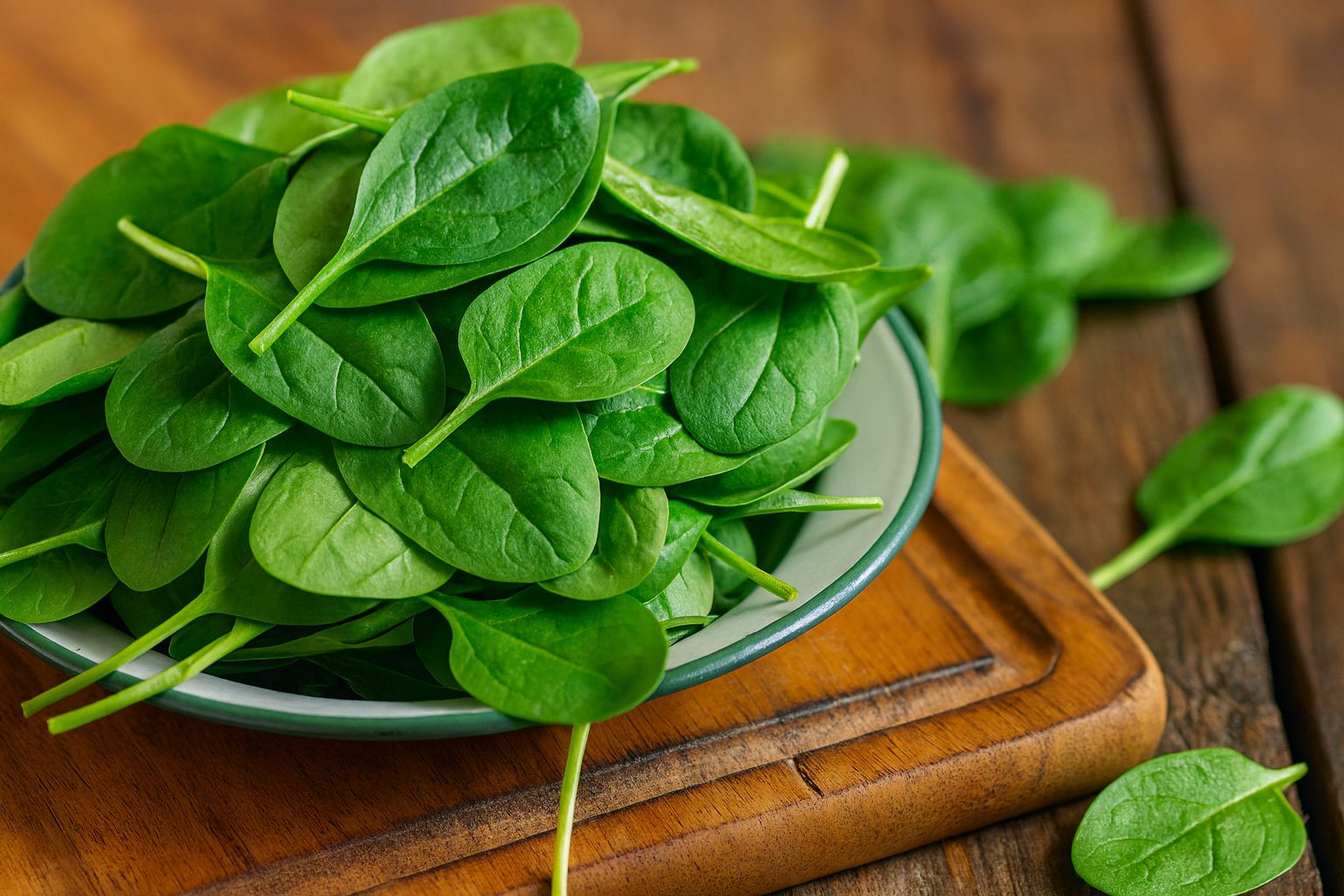
The Nutrient Powerhouse: Health Benefits of Spinach
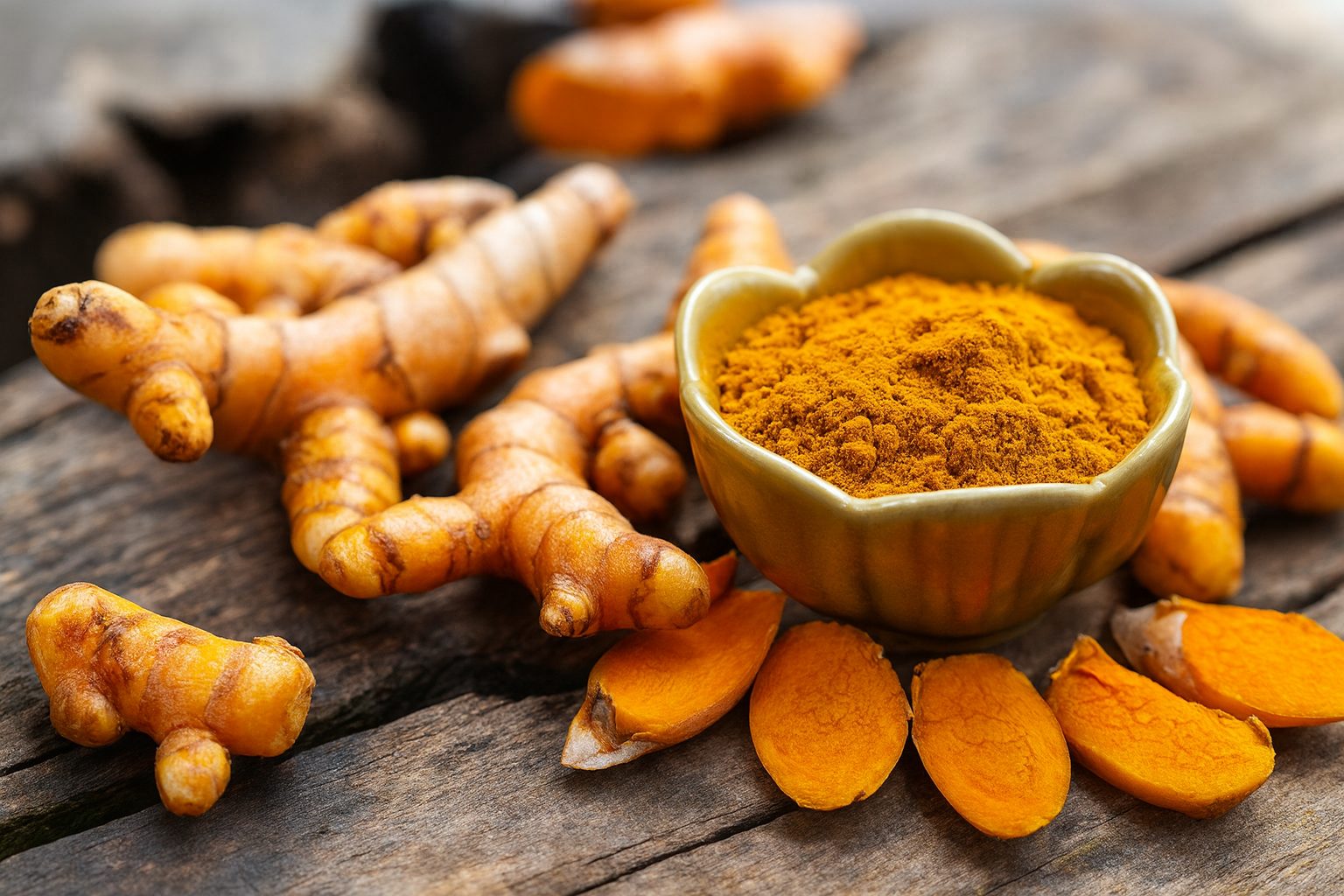
Why Turmeric Is the Golden Spice of Health
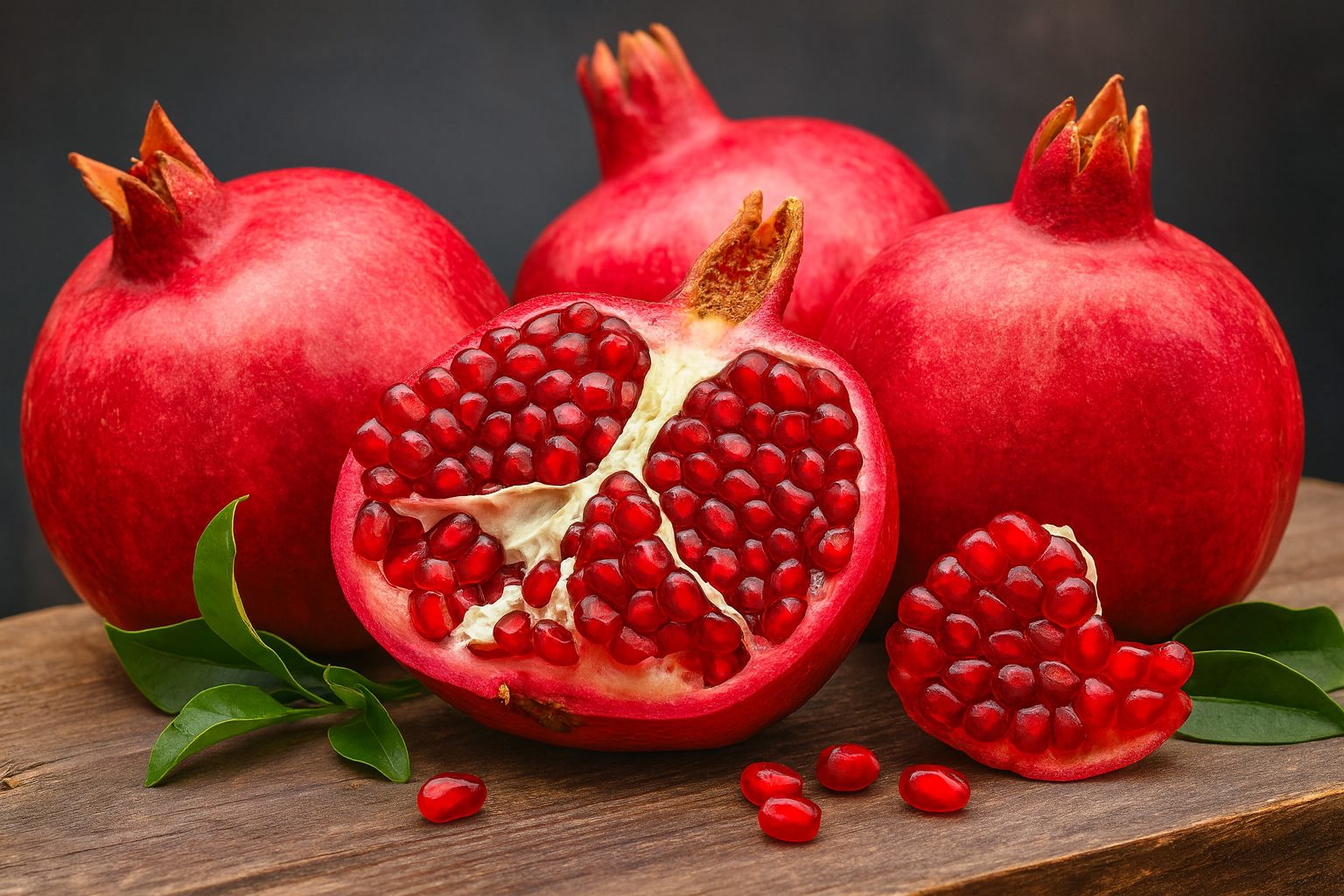
Why Pomegranate Is a Heart-Healthy Superfruit
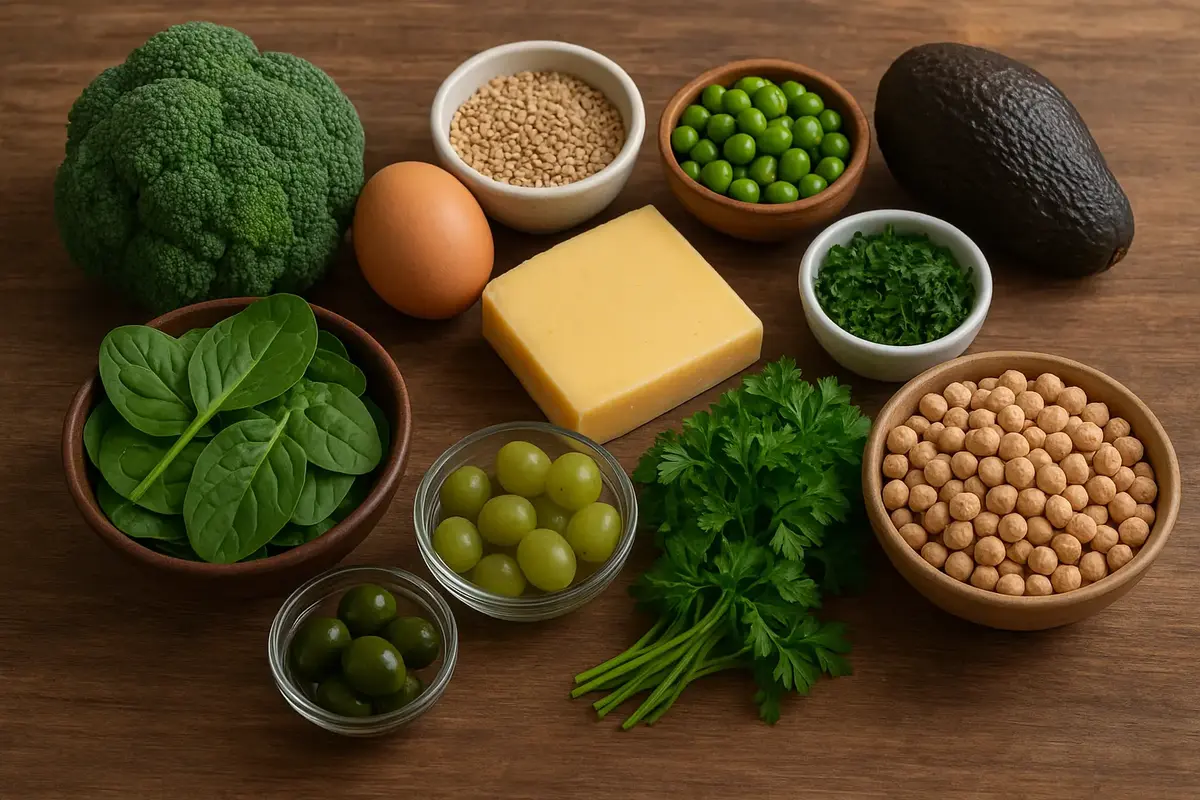
Surprising Foods That Pack More Vitamin K Than Kale
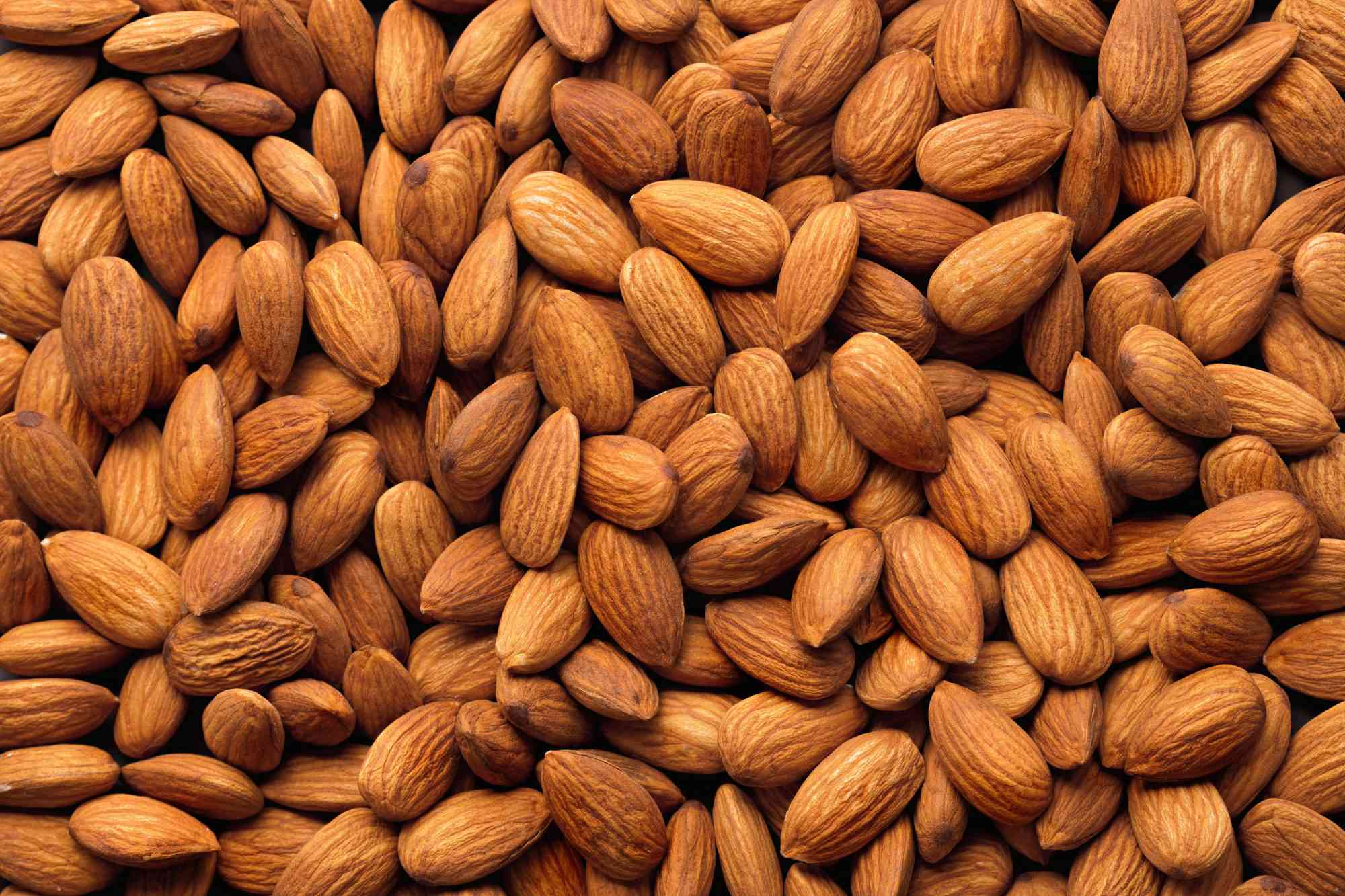
The Goodness of Almonds: 8 Reasons to Eat Them Daily
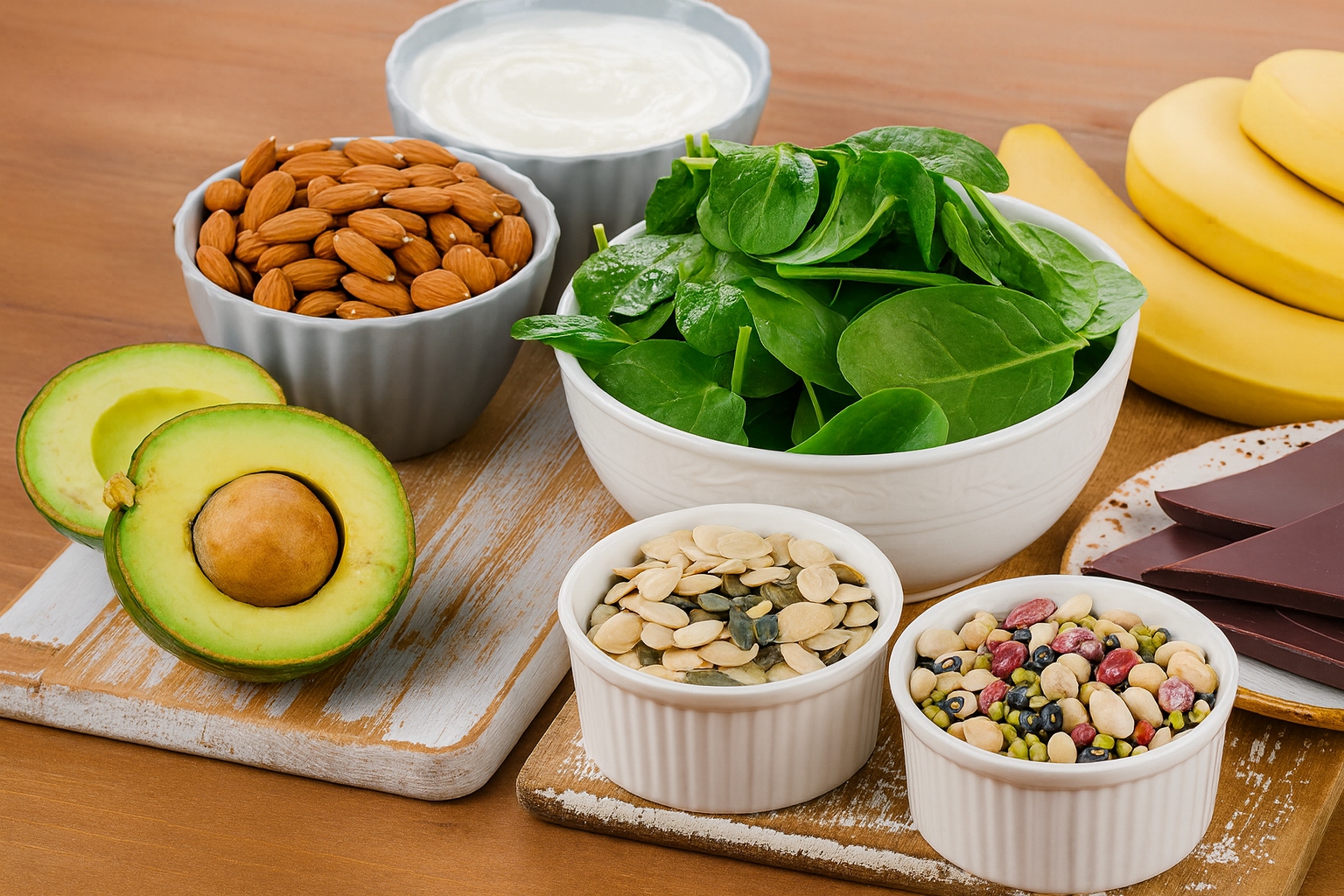
11 Fruits That Are High in Magnesium
